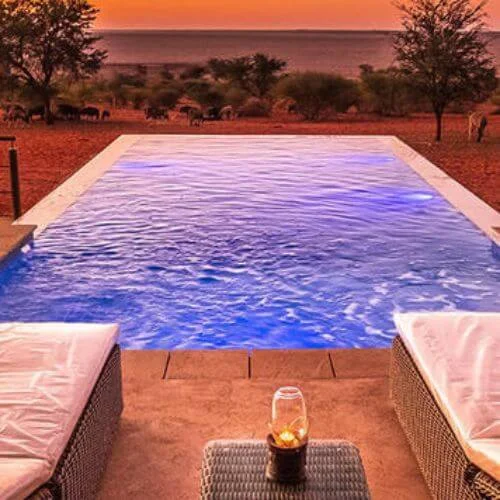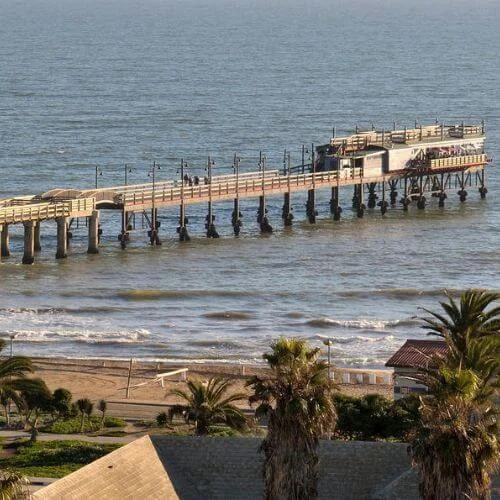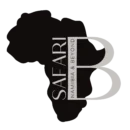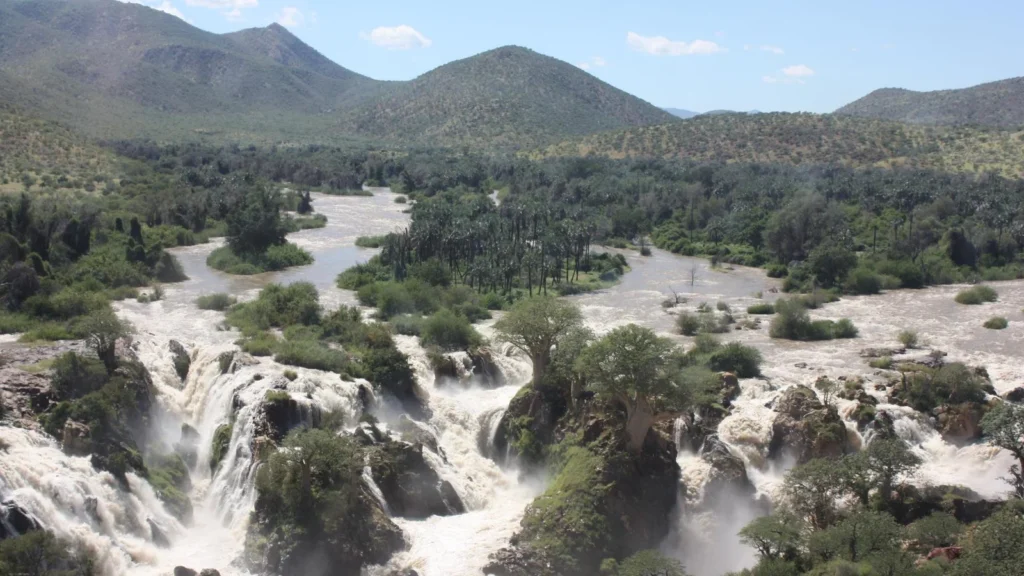




Duration
18 days
Tour Type
Self Drive Safari
Overview
The Multi Country One combines Namibia, Botswana and Victoria Falls.
Visit the spectacular Namib Desert & Sossusvlei, Skeleton Coast & Swakopmund as well as the hidden gems of Damaraland, before making your way to Etosha National Park and then explore the amazing Caprivi Strip before crossing into Botswana, visiting the amazing Okavango Delta, the ultimate wildlife experience in Chobe National Park and ending with a visit to the breathtaking Victoria Falls.
Included/Exclude
Accommodation – subject to availability
Meals as mentioned
Activities as mentioned
4×4 Car Hire (GPS, unlimited mileage, tyre & windscreen insurance, 2nd spare tyre)
Vehicle collection fee for Maun
Shared road & airport transfers in Botswana & Victoria Falls
Light aircraft transfers as mentioned
Travel package & digital travel documents
Meet & greet on arrival
Tips
International air (to and from Africa)
Air transportation, accommodation, meals & drinks not specified
Tips / gratuities at all meals, lodge staff, drivers, pilots, guides, rangers & trackers etc.
Personal items such as beverages, laundry, telephone calls, room service – unless specified as included
Day use of room on arrival and departure from all properties. Generally, check-in is from 14h00/15h00 and check-out is by 10h00/11h00
Visas
Porterage throughout
Travel insurance – medical, emergency evacuation, cancellation, delays, loss of goods etc.
Tour Plan
Day 1 To Day 2 - Windhoek
Situated in Central Namibia, the cosmopolitan city of Windhoek serves as the capital of the country. It is home to an international airport and a plethora of restaurants, shops, entertainment venues and accommodation options. The city is clean, safe and well-organised, with a colonial legacy that is reflected in its many German eateries and shops, and the widespread use of the German language. Windhoek has an interesting mix of historical architecture and modern buildings, many of which are worth a look, including the Alte Feste an old fort, the 1896 Christuskirche Christ Church, and the more contemporary Supreme Court.
Day 2 To Day 4 - Sossusvlei
Located in the scenic Namib-Naukluft National Park, Sossusvlei is where you will find the iconic red sand dunes of the Namib. The clear blue skies contrast with the giant red dunes to make this one of the most scenic natural wonders of Africa and a photographer’s heaven. This awe-inspiring destination is possibly Namibia’s premier attraction, with its unique dunes rising to almost 400 metres – making them some of the highest in the world. These iconic dunes come alive in morning and evening light and draw photography enthusiasts from around the globe. Sossusvlei is home to a variety of desert wildlife including oryx, springbok, ostrich and a variety of reptiles. Visitors can climb ‘Big Daddy’, one of Sossusvlei’s tallest dunes; explore Deadvlei, a white, salt, claypan dotted with ancient trees; or for the more extravagant, scenic flights and hot air ballooning are on offer, followed by a once-in-a-lifetime champagne breakfast amidst these majestic dunes.
Day 4 To Day 6 - Swakopmund
Set along Namibia’s spectacularly scenic coast, the seaside town of Swakopmund is known for its wide-open avenues, colonial architecture, and its surrounding otherworldly desert terrain. Founded in 1892 as the main harbour for German South-West Africa, Swakopmund is often described as being more German than Germany. Now a seaside resort town, Swakopmund is the capital of the Skeleton Coast tourism area and has plenty to keep visitors happy. The quirky mix of German and Namibian influences, adventure options, laid-back atmosphere and cool sea breeze make it a very popular Namibian destination. Visitors can look forward to a number of exciting activities including: quad biking, horse riding, paragliding, fishing, sightseeing and fascinating desert tours.
Day 6 To Day 7 - Twyfelfontein
Set in the Kunene Region of northwestern Namibia, Twyfelfontein is a spectacularly scenic area, featuring one of the largest and most important concentrations of rock art in Africa. The name ‘Twyfelfontein’ translates to ‘Fountain of Doubt’, which refers to the perennial spring situated in the impressive Huab Valley flanked by the slopes of a sandstone table mountain. It was this spring that attracted Stone Age hunters over six thousand years ago, and it was during this time that the extensive group of rock engravings and paintings were produced. Visitors can look forward to basing themselves at some wonderfully shady campsites along the Aba-Huab riverbed, while exploring over thirty different sacred ritual sites of the traditional hunter-gatherer communities.
Day 7 To Day 8 - Etosha South
Located just south of the boundary of Etosha National Park in northwestern Namibia, Etosha South makes up the southern region of this wild paradise. The area is comprised of a collection of world class private game reserves. The national park can be accessed via the southern entrance at Andersson’s Gate. Visitors can catch a glimpse of a variety of wildlife including: lion, giraffe, elephant, white and black rhino, and a multitude of plains game. Popular activities include: enjoying an open 4×4 safari with an expert guide, half day or full day drives with the option of a picnic lunch with wine on the full day game drive.
Day 8 To Day 10 - Etosha East
Located in Northwestern Namibia, Etosha East is a protected sanctuary in the eastern part of the world-renowned Etosha National Park, known as one of the most accessible game reserves in Southern Africa. Etosha East boasts vast open plains scattered with semi-arid savannah grasslands dotted with watering holes and secluded bush camps. An impressive 5000-square-kilometre Etosha salt pan makes up a large area of the eastern side of the park and can even be seen from space. This remote area teems with abundant wildlife such as lions, elephants, black rhinos and giraffes, as well as a variety of birdlife featuring flamingos, ostriches, eagles, hornbills, and owls.
Day 10 To Day 12 - Caprivi West
Surrounded by Botswana, Angola and Namibia. Caprivi West forms part of the Caprivi strip that protrudes from the northeastern corner of Namibia. Acquired by the then German South West Africa in 1890, to provide access to the Zambezi River, Caprivi has been used as a point of politico-strategic military importance throughout history. Alongside a rich historical significance, Caprivi offers both a wealth of natural resources and serves as a haven for an abundance of wildlife, including the critically endangered African wild dog. The stips’ vast and flourishing natural landscapes make it a popular corridor for African elephant moving from Botswana and Namibia into Angola, Zambia and Zimbabwe. In contrast, its lush, swampy terrains make it the only place in Namibia where one can spot the majestic Nile crocodile and the mighty hippo. Caprivi is a paradise for adventure seekers and nature lovers with free-roaming wildlife and postcard-perfect areas. Activities including game drives, walking safaris, canoeing and fishing on its serene waterways are plentiful. Birdwatchers will be overjoyed as they keep an eye out for the 400 bird species that soar above.


